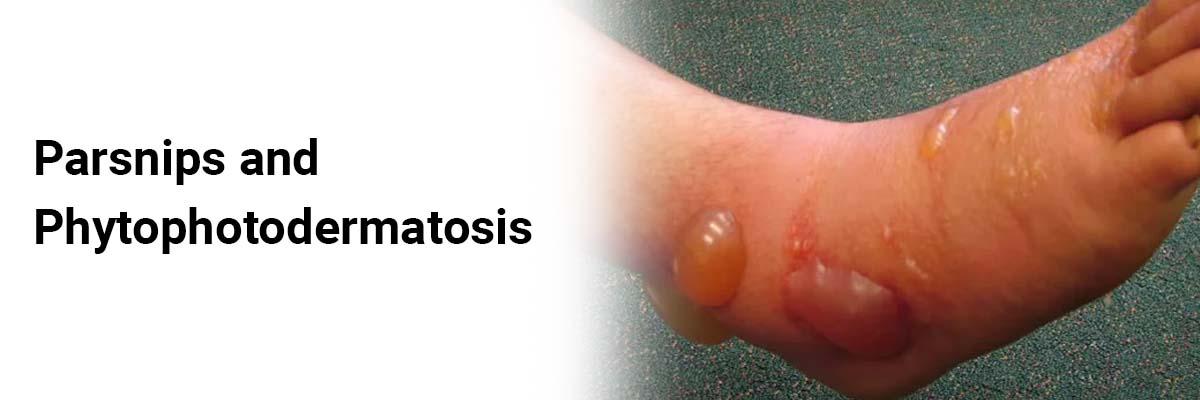
 IJCP Editorial Team
IJCP Editorial Team
Parsnips and Phytophotodermatosis
A 9-month-old was brought with distinct, red, blistering skin patches on both cheeks and chin, which had developed over two days. The child did not have a fever, other accompanying symptoms, or any involvement of the mucous membranes.
Detailed history revealed that the child had eaten and subsequently vomited mashed parsnips shortly before sun exposure during a summer beach picnic. This sequence of events occurred approximately six hours before the appearance of the initially red, swollen, and well-defined skin lesions.
The provisional diagnosis was parsnip phytophotodermatosis on the face. Treatment with hydrocortisone butyrate 0.1% for a week resulted in the complete resolution of the skin lesions.
Source: Chene L, Chiaverini C, Kandemir S, Hubiche T. The Journal of Pediatrics. 2023 Sep 9.

IJCP Editorial Team
Comprising seasoned professionals and experts from the medical field, the IJCP editorial team is dedicated to delivering timely and accurate content and thriving to provide attention-grabbing information for the readers. What sets them apart are their diverse expertise, spanning academia, research, and clinical practice, and their dedication to upholding the highest standards of quality and integrity. With a wealth of experience and a commitment to excellence, the IJCP editorial team strives to provide valuable perspectives, the latest trends, and in-depth analyses across various medical domains, all in a way that keeps you interested and engaged.





















Please login to comment on this article